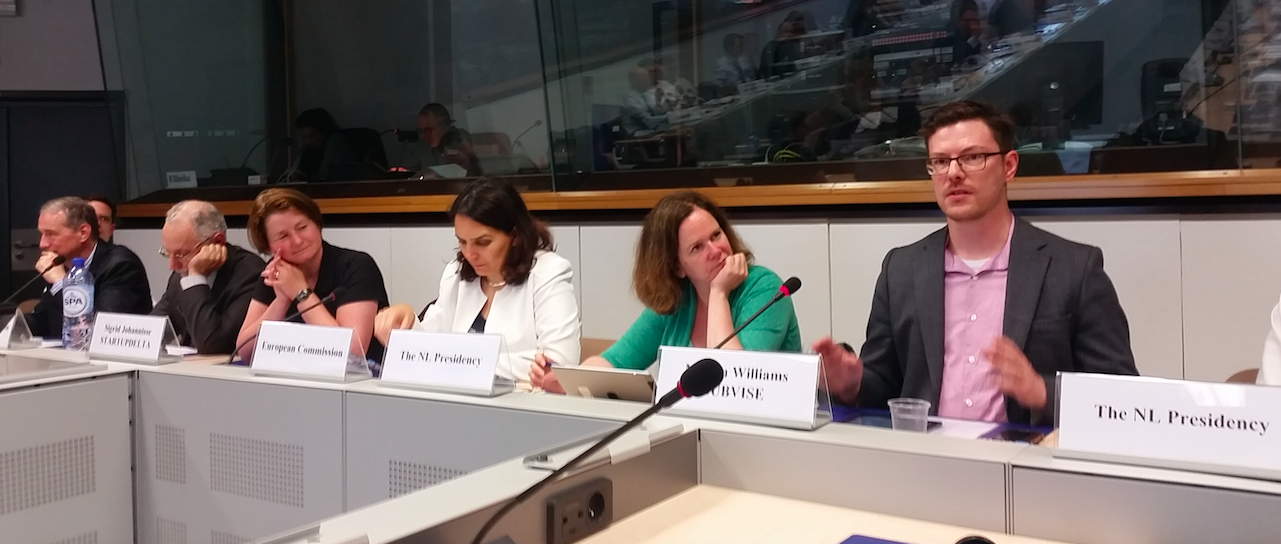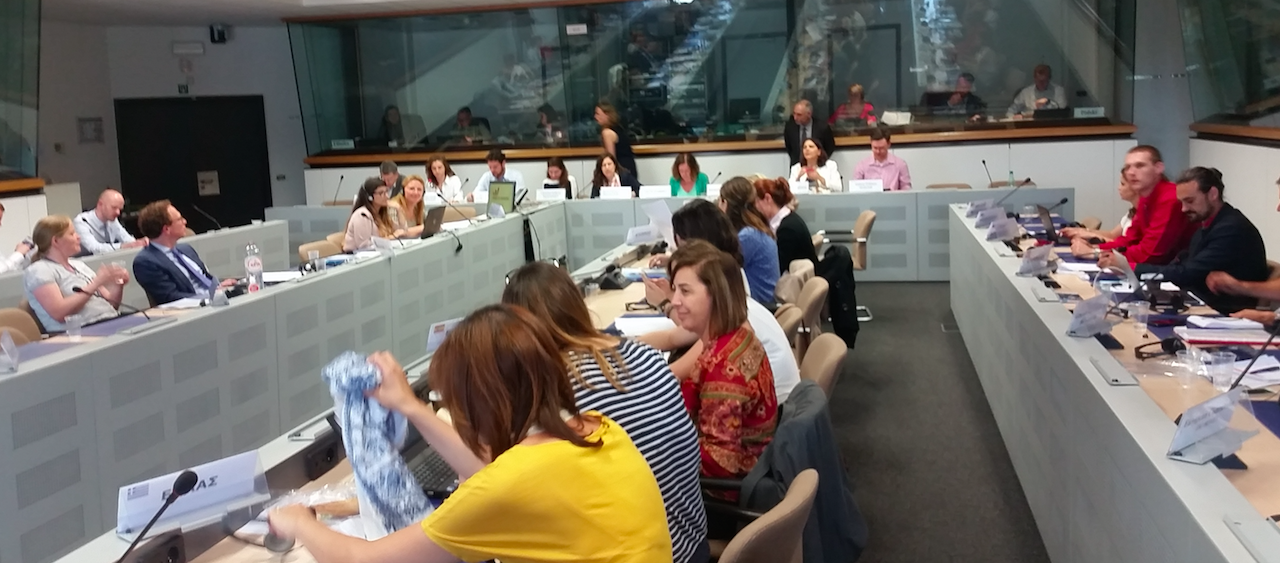EU Exploring a European Startup Visa Scheme
2016
Jun 28
Jun 28

European Commision and EU’s member states have been invited to explore whether and how a EU-wide startup visa scheme would be of added value whilst boosting cross-border expansion of startups and EU’s attractiveness for innovators. Startup Lithuania joined a seminar on this matter in Brussels last week.
Currently, 7 EU’s member states have (quasi) startup visa schemes implemented on the national level: the UK (since 2008), Ireland (2012), Spain (2013), Italy (2014), Denmark (2015), France (2015) and The Netherlands (2015). Also, Finland, Estonia, Slovakia, Portugal and Lithuania have announced to implement specific schemes. The Lithuanian startup visa is supported by both ministries of Economy and Interior and is waiting for a parliamentary approval to be launched in January 2017. However, the EU is in talks with its member states whether a European-wide startup visa scheme is needed.
(Update 2017: you can now learn more and apply for Lithuanian Startup Visa at: www.startupvisalithuania.com)
Danish Experience
Generally, countries who already have startup visa schemes, receive lower-than-expected number of applications, participants of the seminar on Attraction of the Entrepreneurial Talent to the EU suggested. For instance, Kasper Gregersen, the Head of Section at the Danish Business Authority (Ministry of Business and Growth) overseeing the Danish startup visa scheme at Startup Denmark, said it received a total of 238 applications (both from individual founders and from teams of two people) since January 2015, however, only 52 were approved. What’s more, only 30 visas were actually used by successful applicants.

“This conversion rate was a surprise, we didn’t expect that and we don’t exactly know why it exists. We only have assumptions – some of them might be “visa shoppers”, and for some the 25k EUR/year financial requirement might come as a surprise, they realize this requirement only after the approval is granted even though it’s quite clearly stated on our website”, – K. Gregersen said in Brussels.
He also said most of applications to Denmark come from India (huge lead over the rest), United States, Pakistan, South Korea and Egypt, however, candidates from US and Canada are “slightly more successful” when it comes to successful applications and granted visas. More than 54% of applicants to the Danish startup visa operate in the software area, 25% of the applicants create hardware and 16% are running service businesses.
Denmark evaluates five criteria whilst granting visas – how innovative ones business model is, its target market potential, how capable an applicant (or its team) is, how scalable a startup is and whether it can be recommended for Startup Denmark. A successful applicant must get an average of more than 3/5 for all of these points AND have more than 4 for the last criteria, which, according to K. Gregersen, is a “gut instinct” or a “general picture” one. Consultants from Danish regional business development centers are the judges in this process.
“However, we don’t offer any financial incentives. We just offer them a great, thriving ecosystem. I believe this way we get creme de la creme of startups this way. I also believe living for 3-5 years in the Danish ecosystem is worth much more for a startup than having thousands of dollars in cash”, – K. Gregersen stated.
Coping with failure
Startups have a 90%+ failure rate even in thriving ecosystems, and so monitoring their business development after a startup visa is granted and deciding what to do with the ones that fail is another challenge, Jousephine Goube, Chief Operating Officer at Techfugees, an international non-profit coordinating the technology industry answer to the refugee situation, said at the seminar.
“Any startup visa scheme must be accountable, transparent and should have a predictable process. Answers should be given fast and the process must be constantly updated to the applicants. Also, countries should expect a huge amount of startup failures, but what they will do about it? Should they help these founders or kick them out? What should be evaluated when deciding on this matter? Countries working on startup visas and the EU must answer to this question”, – J. Goube stated.
She also believes that startups choose countries not because of a startup visa scheme, but because of an attractive market. Also, J. Goube implies startups should pitch business-savvy people and officials, not the immigration officials.
Lithuania on the move
Lithuania’s parliament is expected to vote on the Lithuanian startup visa scheme in the following days. Ugnius Zasimausmas, project manager at Startup Lithuania, an advocate for Lithuania’s startup-friendly legislation amendments, says an early start would give our country a significant advantage.
“It's not only about Lithuania, but about what is happening around us. Countries that already have or that are working on startup visas are Lithuania's direct competitors for global talent. We wish to welcome it as soon as possible to our vibrant community so the local and the foreign knowledge and passion are merged into global innovations”, – U. Zasimauskas claims.
